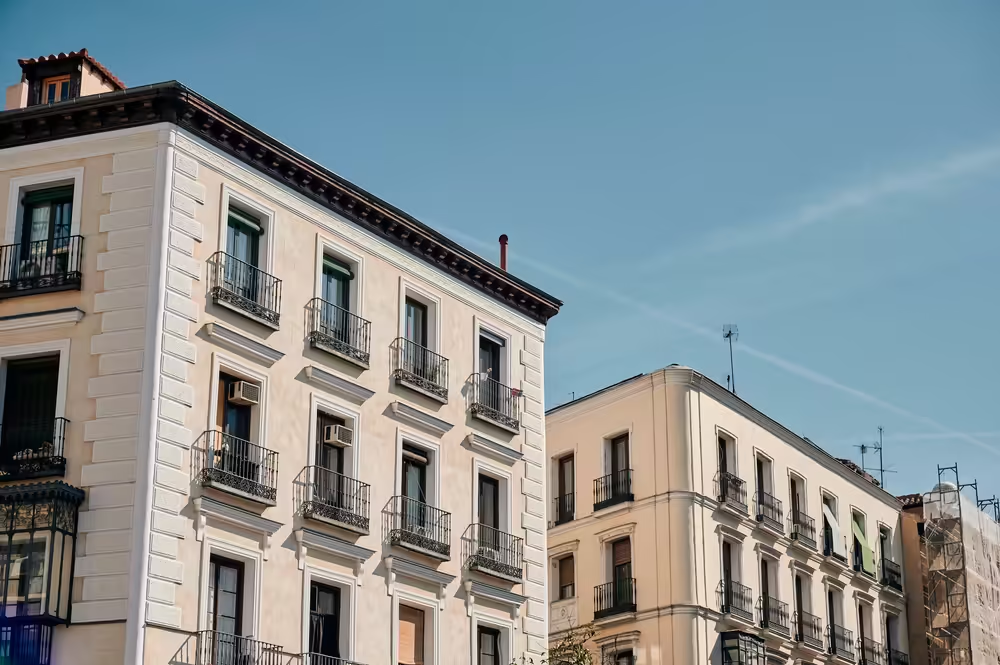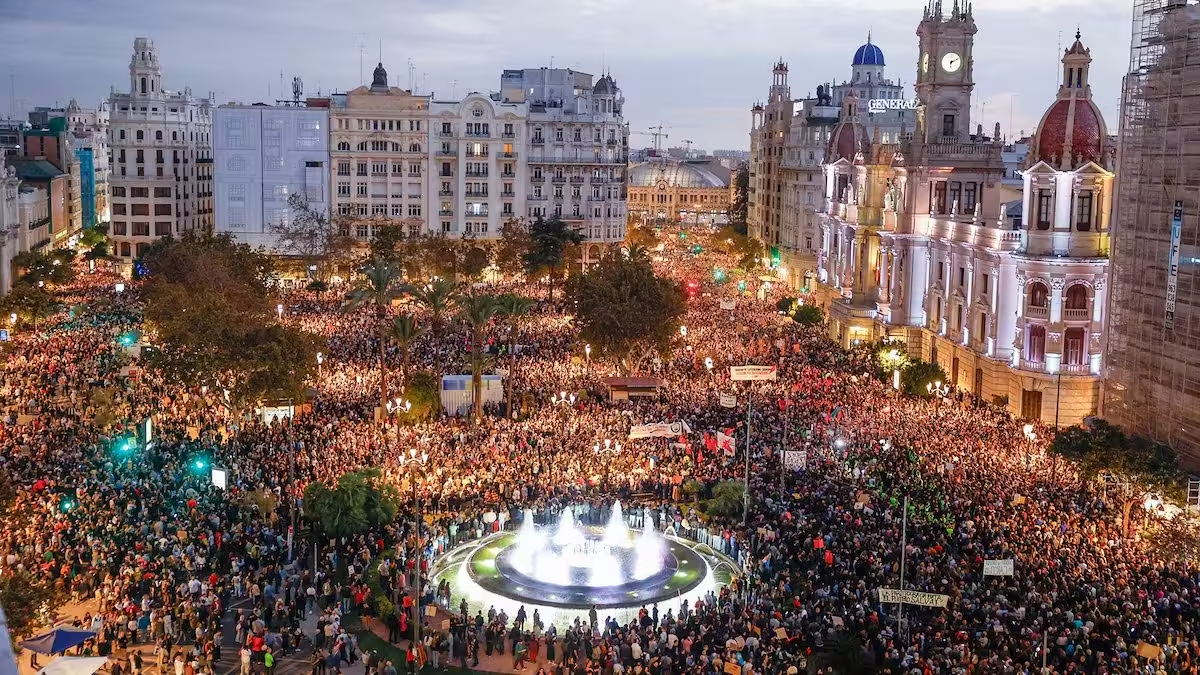Barcelona to Ban Holiday Apartments: Mass Tourism in Spain
Spain has long been a magnet for tourists worldwide. However, the increase in tourism has not only boosted the economy but also intensified housing challenges, particularly in cities like Barcelona. This article explores how Barcelona is tackling these issues with its plans to ban tourist apartments and analyzes the broader implications for tourism in Spain.
Barcelona’s Response to Rising Housing Costs
Barcelona has struggled with skyrocketing housing prices exacerbated by the popularity of short-term rentals. According to the Mayor of Barcelona Jaume Collboni, rental costs have soared by 68% over the past decade, making it increasingly difficult for residents, especially young people, to afford homes. This housing crisis has fueled inequality and pushed locals out of their neighborhoods.
In a bold move aimed at reclaiming the city for residents, Barcelona plans to phase out licenses for 10,101 tourist apartments by November 2028. This means that by 2029, these properties, predominantly used for short-term rentals, will no longer operate as such. The decision highlights a shift towards prioritizing affordable housing over lucrative tourism revenue streams.
Implications for Barcelona and Spain
Banning tourist apartments is expected to alleviate housing pressures by repurposing these units for long-term rental or sale to residents. It aligns with broader European trends where cities like Lisbon, Berlin, and parts of the Canary Islands have implemented restrictions to balance tourism benefits with local housing needs.
While the move is applauded by housing advocates and supported by Spain‘s Minister of Housing Isabel Rodríguez, it has sparked criticism from sectors dependent on tourism income. Associations like Apartur argue that the ban may drive tourism revenue underground, promoting an increase in illegal rentals. Additionally, the hotel industry stands to benefit from reduced competition in accommodation.
Legal and Social Ramifications
The announcement has already triggered legal challenges from affected property owners and tourism groups, indicating potential legal battles ahead. The conflict reflects a longstanding tension between economic interests and quality of life concerns in tourist-heavy cities.
Public Sentiment and Protests
The discontent isn’t confined to Barcelona alone. Protests against mass tourism have erupted across Spain, particularly in regions like the Canary and Balearic Islands. These demonstrations highlight a growing sentiment against unchecked tourism growth, advocating for sustainable models that preserve local environments and communities.
Fernando Clavijo se ha referido a las manifestaciones en Baleares contra el turismo masivo
— Televisión Canaria Noticias (@RTVCCanarias) May 27, 2024
Ha hecho hincapié en que no se puede comparar con el modelo económico de Canarias porque las islas son una región ultraperiférica#TN1Canarias pic.twitter.com/rcfZPzvByQ
Barcelona’s decision to ban holiday apartments represents a significant policy shift aimed at restoring housing affordability. While this move may face legal challenges and criticism from affected sectors, it highlights a broader debate.
It’s important to note that the frustrations expressed by locals and recent protests are directed at how tourism is managed by the government rather than at international residents or tourists themselves.
Share this content:




4 comments